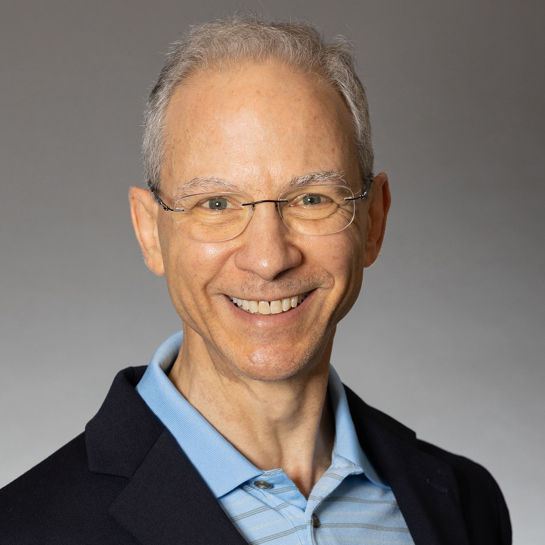How Can I Help Ukraine? And Why Should Applied Mathematicians Care?
As a SIAM member with deep connections to Ukraine, I am heartbroken, horrified, and furious at the atrocities being committed there. News media have largely focused on the military conflict and its casualties and refugees, along with the geopolitics and economic consequences. But we should also remember the cost to the scientific and mathematical communities. The immediate consequences are clear and include casualties, refugees, and impairment of communication, nutrition, shelter, and medical infrastructure; the additional impact of delaying research—in fields like energy production, computer science, and medicine, for example—are also very real, even if difficult to quantify.
Hundreds of clinical trials for the development of novel drugs had been underway in Ukraine. These include more than 100 trials for therapies against cancer. Even if they do not become direct military casualties, these cancer patients no longer have the hope that those trials provided. The resulting suffering and mortality are multiplied by the impediment to development and approval of the therapies. Given the hundreds of thousands of people who suffer from the diseases for which trials are delayed, thousands of additional deaths—“excess mortality,” in epidemiological terms—are likely.
Other direct impacts on our scientific and mathematical communities arise through the rift that conflict creates and the dissolution of collaborations. The Massachusetts Institute of Technology has announced that it is ending a decade-long collaboration with the Skolkovo Institute of Science and Technology (Skoltech), one of Russia’s leading institutes. CERN (the European Council for Nuclear Research) has also substantially cut back its interaction with Russian organizations. The many examples of this type of disunion will isolate some of our dear and talented colleagues at all stages of their careers, regardless of their position on the conflict. It also clearly impacts both Ukrainians and Russians who study abroad — whether through loss of funding or access to research materials, the stress of concern for loved ones, or directly through the conflict’s trauma.
It is not lost on any of us that our work relationships can humanize those on the other side of geopolitical boundaries. Perhaps the resulting empathy and communication can help prevent catastrophes like the one that is currently unfolding. To that end, it is probably best to avoid pre-judging colleagues based on their nationality or the language that they speak. A poignant reminder of this is an open letter that clearly rejects the invasion, which was courageously signed by nearly 7,000 Russian scientists and mathematicians in spite of the potential resulting peril for themselves and their families.
For those who wish to contribute (monetarily or otherwise) to alleviate the suffering of those in the path of conflict, relevant information can be found in my associated LinkedIn article. And in case anyone’s heart needs softening on these matters, consider taking two minutes to listen to the Saturday Night Live performance by Ukrainian chorus “Dumka” — the only exception to a comedic opening other than after September 11, 2001.
This letter represents the author’s personal opinion, not that of his employer, SIAM, or its Board of Trustees.
About the Author
Jeffrey R. Sachs
Mathematical scientist, Merck
Jeffrey R. Sachs is a mathematical scientist who helps to accelerate and enhance vaccine discovery and development at Merck. For more information, visit his LinkedIn profile and Google Scholar page.

Stay Up-to-Date with Email Alerts
Sign up for our monthly newsletter and emails about other topics of your choosing.



